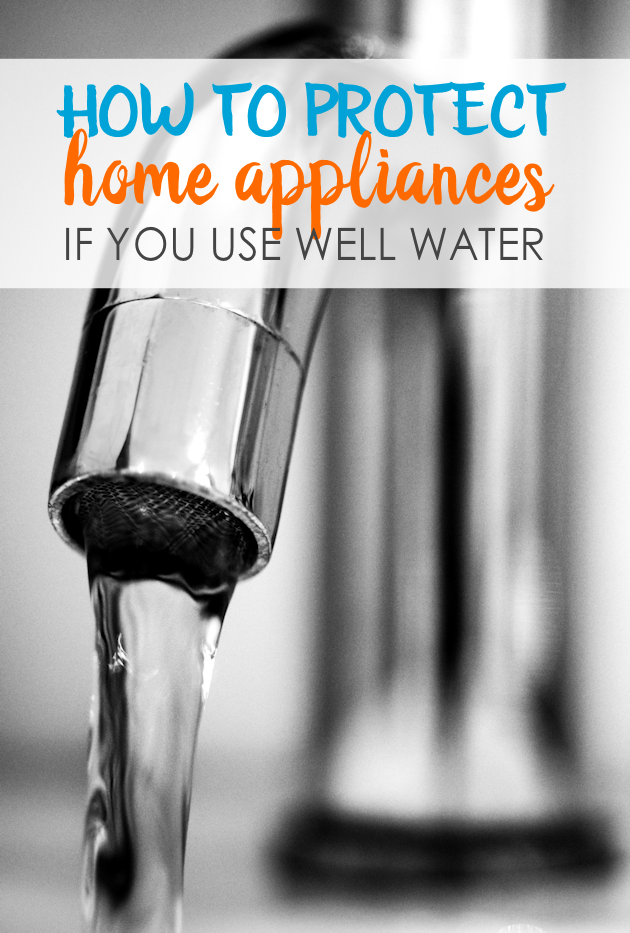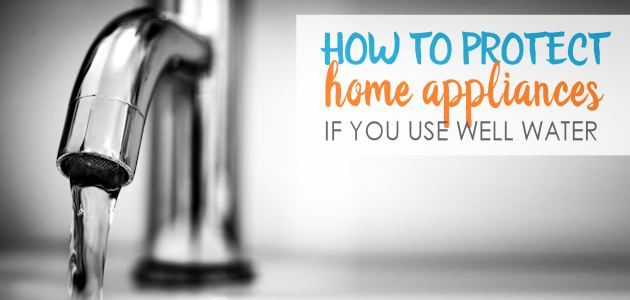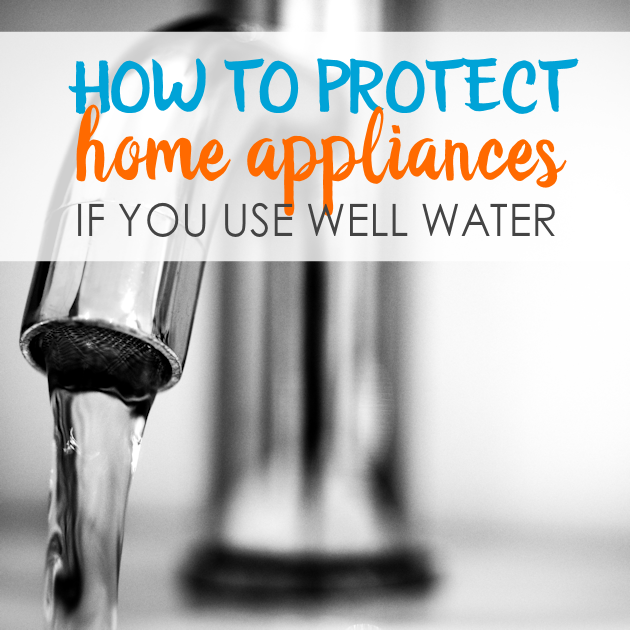
Many Americans use well water in their homes. If you belong to this group of people, there’s a high chance that you’re dealing with hard water, and your home appliances are going to get affected sooner or later. A lot of homeowners believe that well water is better to use because it’s more natural and comes from the earth. Well water is perceived as a purer and more refreshing water source. While well water has its perks, it isn’t as pure as you’d imagine.
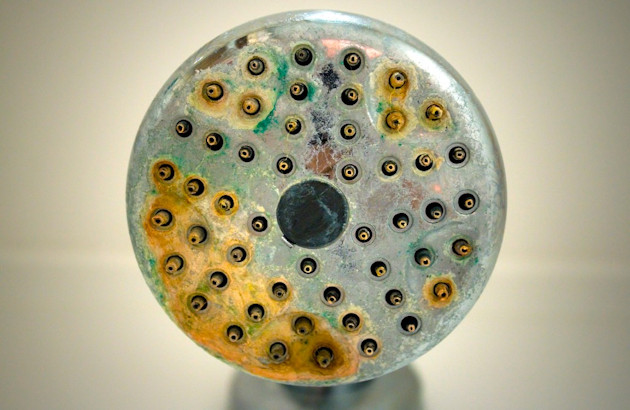 Photo By Graeme Maclean
Photo By Graeme Maclean
Well, water has moved through the ground and soil. A lot of elements and minerals may have slipped into and mingled with it. And when it finally gets into your home, it’s not just “water” anymore. It’s a lot of things. Some of the minerals that get into well water are good for us, like calcium and magnesium, but the same minerals make the water “hard”, and hard water is, well, hard to deal with. If you’ve been using hard water in your home, you must have noticed that you’ve been spending a lot of money on soap. Soap hardly lathers with hard water, and you need a lot more soap than normal to get things done. Hard water is also bad for your skin and hair and what’s more, it ruins your home appliances.
Your appliances not lasting as long as you expected is not your manufacturer’s fault-it’s the hard water from your well.
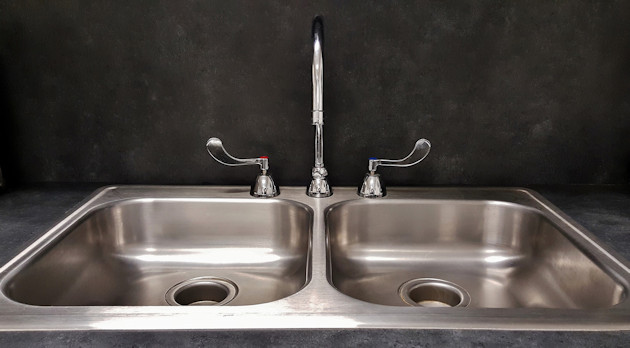
What hard water does to your plumbing and appliances
1. It Discolors Sinks
Hard water from your well causes your sinks to lose their shine and their normal coloring. Your kitchen sink was invented to get rid of grease and the likes, but with hard water forming scale in your pipes, these grease and food items bind to the wall of the drain. With time, the greasy mass accumulates, and water flow goes down. Also, your garbage disposal becomes a trap of repulsive odors and slime that refuses to go down the drain.
2. It Makes Your Facets Dull And Dirty
Hard water also comes for your precious brass or stainless steel faucets. The mineral deposits from the water leave stains, and over time, the stains become impossible to get rid of. Meaning you’ll have to replace all your fixtures or stick with dull and dirty-looking ones.
3. It Clogs Your Washing Machine
Hard water can take the life of your washing machine from an expected 11 years to 7. Once again, the scale that’s been formed from the water can accumulate in the mechanical system of your washing machine and wear it down. One day you’ll find yourself with a massive pile of clothes to wash and a washing machine that won’t function.
4. It Makes Your Dishwasher Dirty And Non-Functional
Lastly, hard water can clog up a dishwasher and damage its components. Having your dishwasher clogged means you’ll be dealing with a lot of grease and scale. And no one’s ever heard of a greasy dishwasher keeping dishes clean.
If you find that you’re already in this situation, you can try unclogging the dishwasher with vinegar. It’s a quick but temporary fix. If you don’t want to risk getting your dishwasher and other appliances rusted, you should look at a stable and more lasting solution.
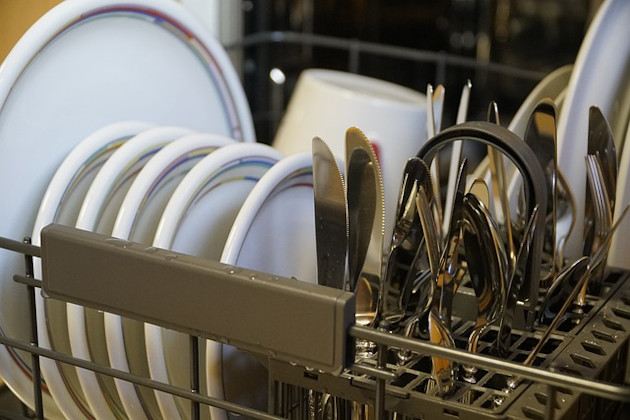
What you can do about hard well water
Not only does limescale clog things and make them dirty, but once clogged the energy consumption of home appliances increases by up to 25%. Scale affects water heating efficiency, increasing the need for power. Your water heater, for example, may need to work twice as hard to get things done.
You might have been a happy well owner, with your well that has been serving you for years. But now you know how dangerous hard well water can be. It takes an average of 3-5 years off the life of your appliances.There’s no need to panic though, as there’s a simple way to solve this, and it’s not too late to make things right. Getting a well water softener is a permanent solution to your hard water problem. Some of the best well water softeners currently available are affordable and easy to install.
With well water softeners, you can rest easy knowing that stained faucets, clogged pipes, and faulty home appliances are going to be a thing of the past.
